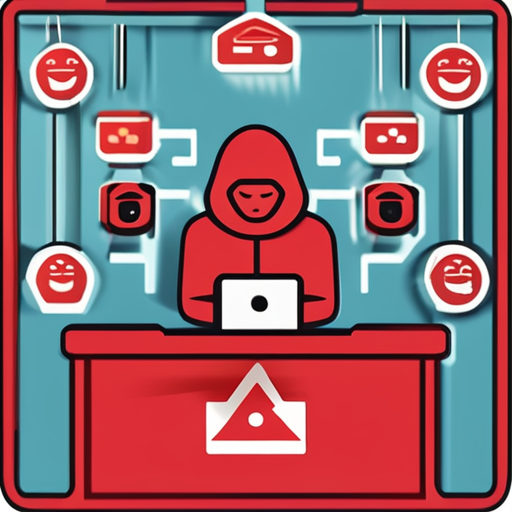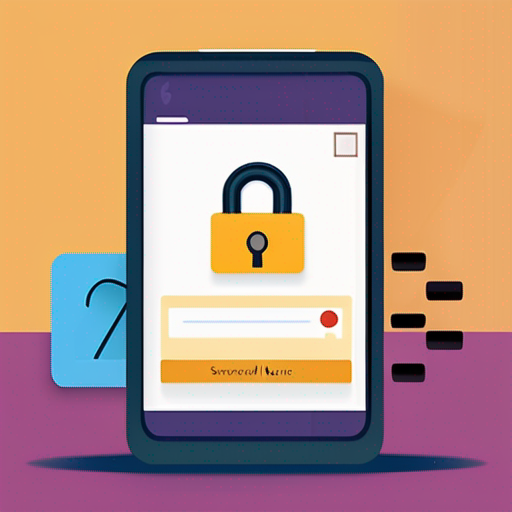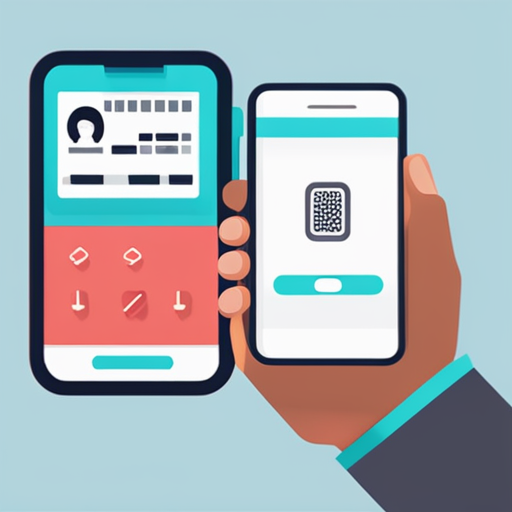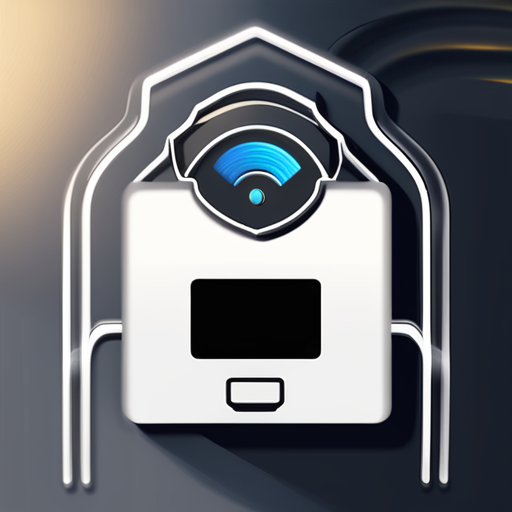Step 2 of 5………….
Essential Cybersecurity Tips for Everyday Internet Users (2025)
Introduction
As our lives move increasingly online, good cybersecurity habits are no longer optional—they’re necessary for personal safety, digital privacy, and financial security. Whether you shop, bank, or socialize on the internet, understanding essential cybersecurity tips can protect you from identity theft, scams, malware, and privacy invasions. Below, discover the latest, SEO-optimized best practices for everyday users.
Why Cybersecurity Matters More than Ever

- Rising Online Threats: Phishing, ransomware, social engineering, and data breaches target average users daily—often disguised as legitimate emails or popular websites.
- Increasing Digital Footprint: Cloud apps, mobile banking, and social media make us more exposed.
- Personal and Financial Risk: A compromised device or weak password can result in major personal loss or reputation damage.
Top Cybersecurity Tips for All Internet Users

1. Use Strong, Unique Passwords
- Never reuse passwords across accounts.
- Create long passwords (12+ characters) using a mix of letters, numbers, and symbols.
- Consider using a reputable password manager to generate and store unique passwords.
2. Enable Two-Factor Authentication (2FA)
- Turn on 2FA on banking, email, and social media accounts.
- Opt for app-based authenticators (like Google Authenticator or Authy) rather than SMS, which is more vulnerable.
3. Be Smart About Email and Messaging
- Don’t click suspicious links or open unexpected attachments.
- Double-check sender addresses—even familiar names can be faked in phishing scams.
- Be wary of emails urging “urgent” action regarding your account or passwords.
4. Keep Devices and Software Updated

- Always install security updates for your OS, browser, apps, and antivirus software.
- Set updates to automatic when possible—delays can leave you exposed to new threats.
5. Secure Your Home and Public Wi-
Fi

- Change default router passwords and use a strong WPA3/WPA2 passphrase.
- Never access sensitive accounts on public Wi-Fi—use a VPN for secure connections.
6. Regularly Back Up Important Data
- Use cloud backup or an external hard drive.
- Schedule automatic backups to recover from hardware failures or ransomware attacks.
7. Stay Cautious on Social Media
- Limit public sharing of personal details (birthday, location, family members).
- Use privacy settings to restrict access to your profiles.
8. Beware of Malicious Apps and Downloads

- Download apps only from official stores (Google Play, Apple App Store).
- Read reviews, permissions, and avoid apps that request excessive personal data.
9. Watch for Fake Websites and Shopping Scams
- Look for “https://” and a padlock symbol in browser address bars.
- Avoid deals that are “too good to be true”; always verify the retailer’s legitimacy.
10. Learn to Spot Emerging Scams
- Stay updated on trending email, SMS, and WhatsApp frauds.
- Follow trusted cybersecurity news or government advisories for real-world alerts.
Quick Reference Table: Cybersecurity Actions and Their Benefits
| Cybersecurity Action | Immediate Benefit | Long-Term Benefit |
|---|---|---|
| Strong, unique passwords | Blocks account break-ins | Safer cross-platform identity |
| Two-factor authentication | Prevents unauthorized access | Extra security for finances/data |
| Regular software updates | Closes security loopholes | Minimizes malware/vulnerability |
| Backup strategy | Recover lost files/ransom attacks | Secures memories & critical docs |
| Privacy on social media | Stops targeted scams/stalking | Maintains overall reputation, safety |
Tips for Advanced Protection
- Use a privacy-focused browser or browser extensions to block tracking and intrusive ads.
- Turn off Bluetooth, location, and microphone/camera access when not needed.
- Frequently review app and account activity for unauthorized access.
Frequently Asked Questions
Q: Is antivirus still necessary in 2025?
A: Yes! While built-in OS security has improved, a dedicated antivirus suite provides extra protection from new and evolving threats.
Q: How often should I change my passwords?
A: Update passwords for sensitive accounts every 6–12 months, and immediately if you suspect any breach.
Q: What should I do after a suspected hack?
A: Change passwords, enable 2FA, scan for malware, and inform your bank/service provider.
SEO Keywords for Higher Ranking and Google Ad Revenue
Include these naturally in your headings and throughout your content for increased RPM and CPC:
- essential cybersecurity tips
- best cybersecurity practices 2025
- online safety for everyday users
- prevent online identity theft
- protect against phishing scams
- secure passwords and authentication
- safe internet browsing tips
- how to keep data safe online
Conclusion
Practicing essential cybersecurity tips is the modern equivalent of locking your home’s doors. With a combination of strong passwords, two-factor authentication, software updates, critical thinking, and social media caution, you can enjoy the benefits of the internet—without falling into the traps of cybercriminals. Stay safe, stay updated, and make cyber hygiene part of your everyday routine.